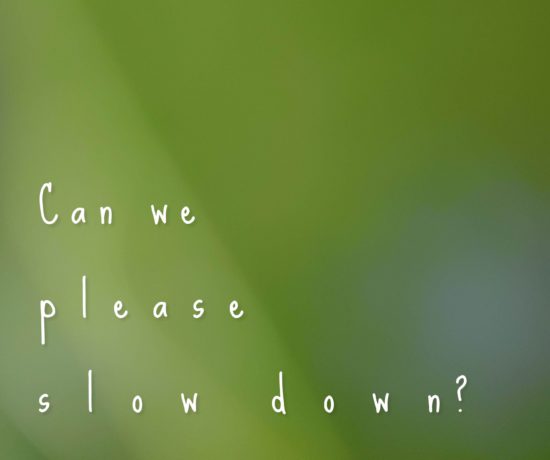“Simple Wisdom” is a series of posts exploring life through the uncomplicated, baggage-free, brilliant eyes of a child. They often have a richer understanding of what matters most in life, if only we’d pay attention.
Worry
I am a worrier by nature. My brain is never more creative than when I’m catastrophizing worst-case scenarios for the most beloved people in my life. It’s the primary source of my anxiety, excellent fodder for insomnia, and a bizarre, backward way of generating gratitude every time the dreadful outcome I dreamed up fails to take shape in reality. It’s not a conscious thing; I don’t deliberately choose these mental spirals. I guess it’s just a gift. (sarcasm) In all seriousness, my boss calls me The Great Anticipator, and I suppose worry is the shadowy side of that gift. At work, it serves me practically. At home, I serve it fearfully.
My husband, on the other hand, is a fearless fixer. He doesn’t waste valuable energy on worrying. He simply waits for a problem to arise and capably handles it when it does. His resistance to worry is rooted in his resilience over problems. He knows that there are few things he cannot handle, and rests comfortably in the confidence that he will rise to any occasion in front of him.
I should also note that I’m no slouch in the capable fixing department. But I spend a lotttttt of energy envisioning every possible scenario before an actual problem ever materializes. For some reason I can’t rest as comfortably in my capability as my husband can. His track record of overcoming problems gives him confidence. Mine gives me a host of examples of all that can go wrong and probably will again. Tomato, tomahto, I suppose.
Simple Wisdom
Recently, my 4-year-old daughter and I enjoyed our first reading of a fabulous children’s book called What Do You Do With A Problem? The main character encounters a problem, and we follow his response to it. After some avoidance and hiding, he ultimately worries about it before finding the courage to tackle it.
We turned the last page and I asked my girl what she does with a problem. At first she didn’t answer, so I continued, “Do you worry about it?”
She replied matter-of-factly, “No, I don’t worry about anything.”
“Oh good!” I celebrated before inquiring, “What do you do with a problem?”
“I just figure out a way to fix it.” Her response was calm and confident. (She gets that from her dad.)
I realized in this moment that I had two choices: to foster her can-do attitude or to convince her why one might worry instead. Unsurprisingly, I couldn’t find a good enough reason to saddle her with an obligation to worry. Instead, I pointed out that when used carefully, worry can serve a purpose if it helps us to be prepared or to prevent the kind of problem that can be avoided. But beyond that, it’s not a wise use of our time or energy.
It’s true, and I know this. So I will continue to encourage her problem-solving approach to life, and guard her mind from needless worry as best I can. I only wish I could borrow a bit of her courage and confidence to quiet the worries in my own mind.
One More Thing…
My darling kiddo currently pronounces the word “problem” as “prah-bloom,” and I find it adorable. But after our recent conversation, I also found her mispronunciation rather profound. What if we approached our problems as opportunities to bloom?




No Comments